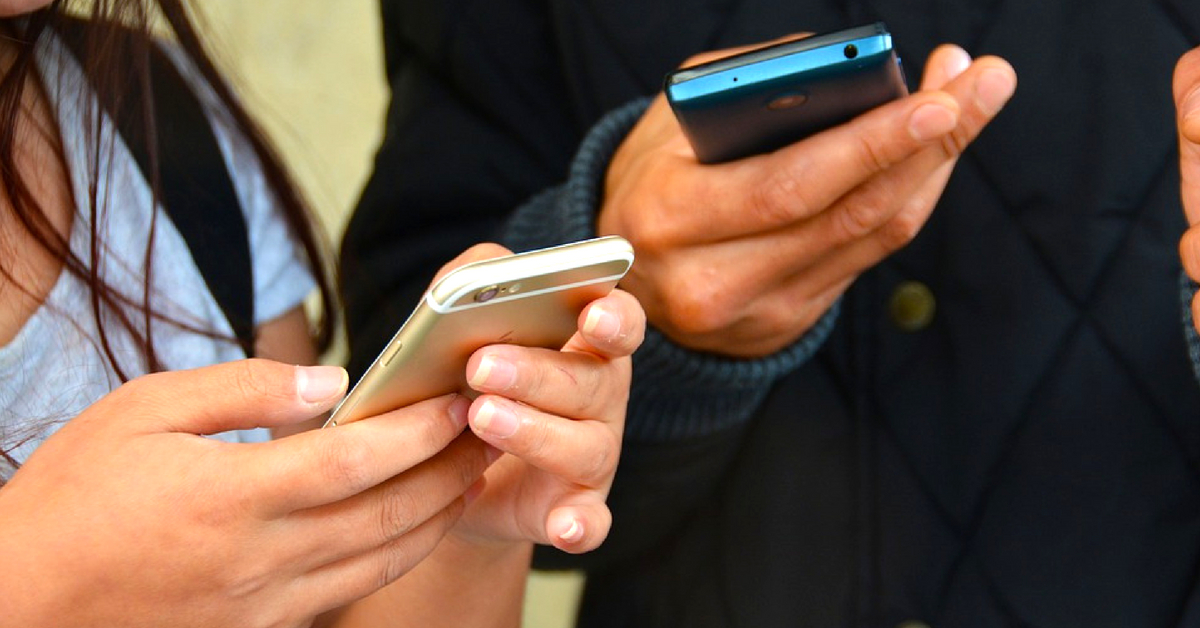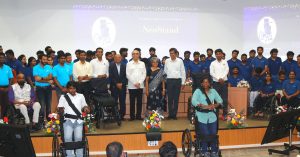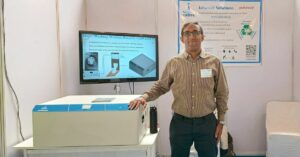Centre to Monitor All of India’s Online Content? Here’s What This Claim Means
However, there are multiple questions that remain unanswered on issues of privacy and consent.

The recent Cambridge Analytica controversy showcased the ability of private firms to mine data sourced from millions of social media users without their consent to influence political outcomes.
Some called it a ‘psychological warfare on voters’ done by peddling fake news through journalists with vested interests or backed by certain forces and other social media influencers.
In times like these, the Ministry of Information and Broadcasting (MIB) will allegedly set up a social media communication hub to monitor online content across all districts in India through executives deployed by the government, reports the Times of India.
The report claims that the nodal agency within the I&B ministry working to implement this project is its engineering arm, the Broadcast Engineering Consultants India Limited (BECIL).
According to Exchange4media, the responsibilities of these social media executives will be:
1. Collect data on regional media and local events
2. Provide content for social media, support media units of MIB at district/regional level for social media publicity
3. Monitor local editions of newspapers, local cable channels, local audio channels (FM) and important local social media handles for important local developments
4. Collate and analyse important local news with a focus on issues related to government
5. Identify positive stories regarding various initiatives and appraise New Media Wing/Ministry to disseminate the success through various platforms
6. Check spread of fake and incorrect news and information and bring it to the notice of relevant authorities
7. Carry out perception analysis on various events, initiatives, schemes etc. of government
These executives are expected to produce and submit six reports daily. The government has reportedly allocated Rs 20 crore for this project. Once its monitoring architecture and framework is set, this communication hub in India will have the ability to “read, contextualise and respond” to content disseminated in most vernacular and foreign languages. It will also acquire a “360-degree view of the customers by integrating customer relationship management data with social profiles”.
Also Read: Cambridge Analytica Scandal: 3 Steps You Can Take to Protect Your Facebook Data
The government’s communication hub will “personalise responses (on the) basis (of) the customer loyalty and past behaviours,” and will also assist the ministry “identify influencers basis attributes like follower count”.
If these reports are accurate, then where does this leave individual agency? Does the government have my permission to use the data I put out on social media? Is this project in violation of the fundamental rights to privacy and free expression? Is this project in consonance with the existing surveillance laws in India?
With no data privacy law in India, how can we be sure whether the government will follow the basic principles of transparency and due procedure?

This is not to suggest that surveillance isn’t necessary for security. However, in any free democracy, a citizen cannot be left at the mercy of a State machinery. Officials running this “communication hubs” need to be held accountable for what kind of information they are mining.
In other words, “While surveillance technologies are, to some extent, necessary to ensure care or protection, the legitimate forms of constraints and monitoring need to be clearly defined and observed.” This is what a recent paper published by the Centre for Internet and Society states.
Yes, as individuals in India we do share a lot of our private information on social media, but that’s done as a matter of choice. We can opt out of Facebook or Twitter if we want.
“Just because a user posts a message online to the public, it does not automatically mean she loses privacy over that information. It was shared with a particular purpose. Those cannot be further analysed by third parties to profile him/her or correlate with his/her other personal data available elsewhere without his/her consent. It is fairly clear after the privacy judgement by a nine-judge bench of the Supreme Court in August,” said Prasanna S, a Delhi-based lawyer who has dealt with data and privacy issues, to Scroll.in.
If there are no legal or ethical safeguards in place for this project, it will debilitate their ability to exercise free choice. If the government does decide to introduce this project, it must pass legislation backed by both Houses of Parliament.
Discussion and deliberation on the project in our temples of democracy are necessary.
(Edited By Vinayak Hegde)
Like this story? Or have something to share? Write to us: [email protected], or connect with us on Facebook and Twitter.
NEW: Click here to get positive news on WhatsApp!
This story made me
- 97
- 121
- 89
- 167
Tell Us More
We bring stories straight from the heart of India, to inspire millions and create a wave of impact. Our positive movement is growing bigger everyday, and we would love for you to join it.
Please contribute whatever you can, every little penny helps our team in bringing you more stories that support dreams and spread hope.



















